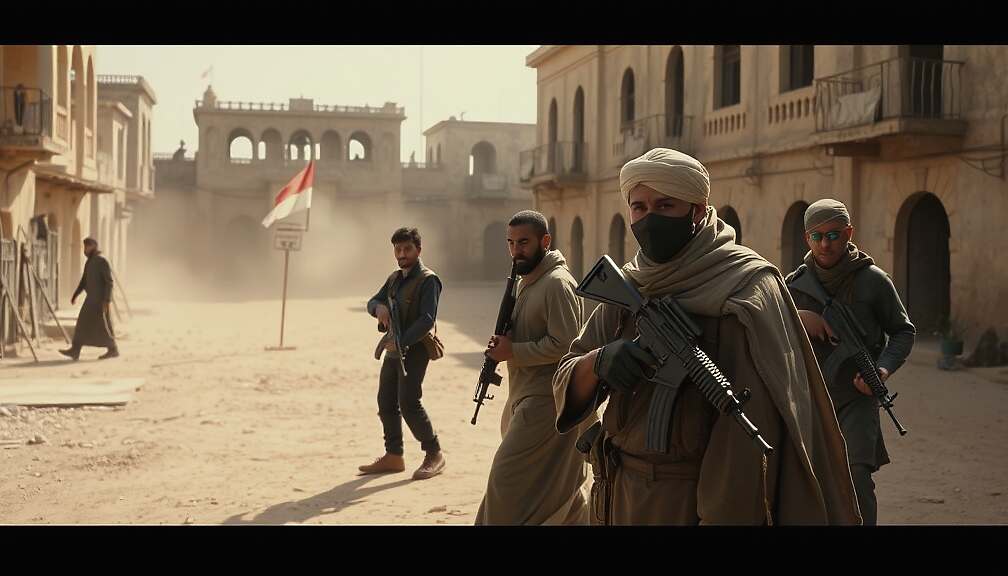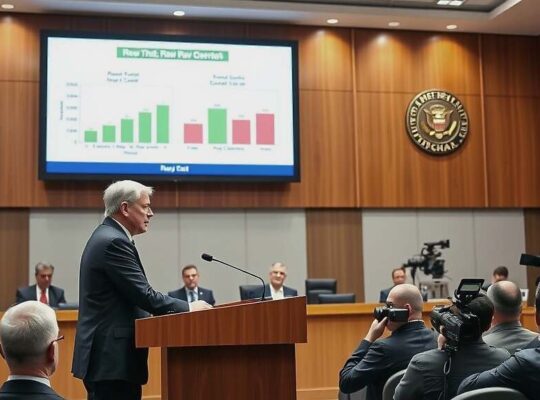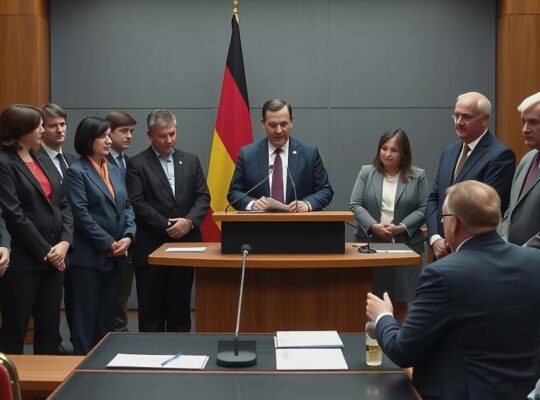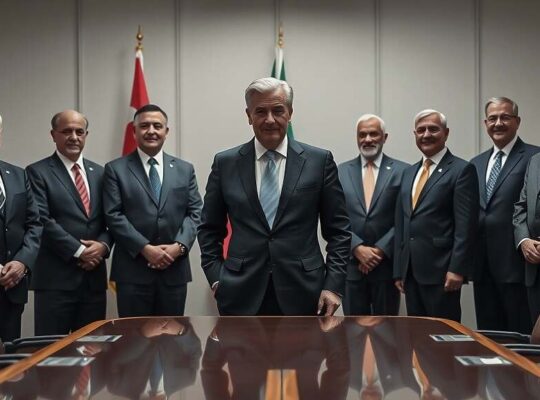The paramilitary Rapid Support Forces (RSF) have claimed control of Al-Faschir, the capital of North Darfur, marking a potentially decisive shift in the ongoing power struggle with the Sudanese army. In a statement released Sunday, the RSF characterized the takeover as a “significant turning point” alleging they liberated the city from “mercenaries and militias allied with the terror army”. While independent verification remains limited, eyewitness accounts and circulated videos appearing to show RSF personnel within previously army-held positions lend some credence to the group’s claims.
The RSF asserts their forces had previously seized a strategic military base, forcing an army retreat. They claim to be collaborating with a “founding government” to ensure civilian protection, the return of displaced persons and the provision of humanitarian aid – a claim viewed with considerable skepticism given the group’s history and current actions.
A spokesperson for the “People’s Resistance” a local movement reportedly opposing the RSF, vehemently denied the paramilitary group’s narrative. He asserted that the city’s population continues to defend “their land and their dignity” and accused the RSF of conducting a “misleading media campaign” aimed at sowing panic. This counterclaim highlights the complexity of the situation and the potential for propaganda from both sides.
Local sources indicate army units withdrew from their headquarters following heavy RSF shelling, relocating to the western part of the city. Reports continue to surface detailing ongoing clashes within Al-Faschir, suggesting a protracted and volatile situation. Recent days saw the RSF reportedly seize several government buildings and institutions near the military base, further tightening the city’s siege.
Human rights organizations and residents are leveling serious accusations against the RSF, alleging widespread human rights violations during their offensive. These accusations include the deliberate targeting of marketplaces, hospitals and displacement camps, resulting in numerous civilian casualties and a rapidly deteriorating humanitarian crisis.
The RSF’s origins are deeply rooted in the notorious Janjaweed militias, which were implicated in massive human rights abuses during the Darfur conflict in the 2000s. Initially deployed by the Khartoum government as a supplementary force against rebels, the RSF, under the leadership of Mohamed Hamdan Daglo, commonly known as “Hemedti” evolved into a powerful, independent force.
Since April 2023, the RSF has been locked in a brutal power struggle with the Sudanese army, led by General Abdel Fattah al-Burhan. The conflict, erupting after the collapse of a joint transitional government, has ravaged large swathes of the country, claiming the lives of tens of thousands and displacing millions. Al-Faschir represents one of the last major settlements in Darfur still under army control; its fall would represent a significant strategic and symbolic blow to the Sudanese armed forces, further isolating the government and potentially exacerbating the ongoing humanitarian catastrophe facing the region’s besieged population trapped within its walls.












